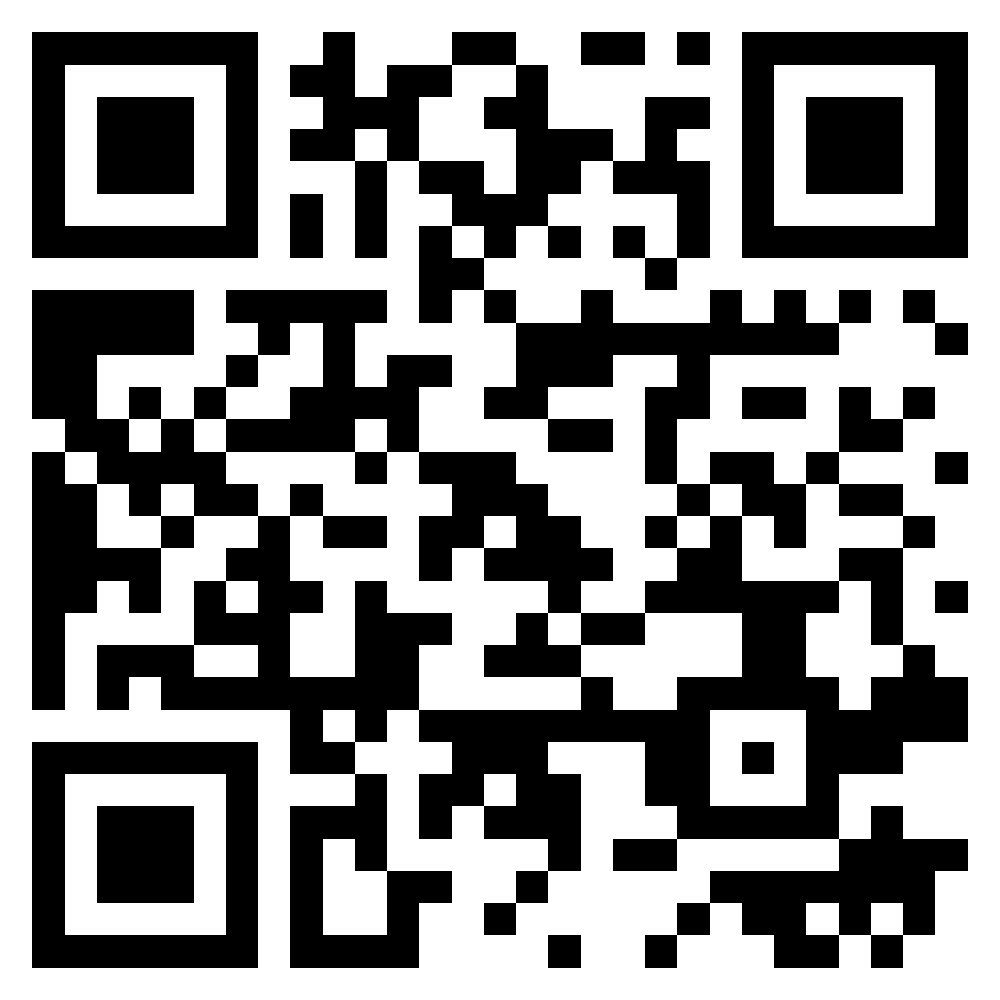Overview
Physiotherapy is a type of treatment you may need when health problems make it hard to move around and do everyday tasks. It helps you move better and may relieve pain. It also helps improve or restore your physical function and your fitness level.
The goal of Physiotherapy is to make daily tasks and activities easier. For example, it may help with walking, going upstairs, or getting in and out of bed.
Physiotherapy can help with recovery after some surgeries. Your doctor may suggest Physiotherapy for injuries or long-term health problems such as arthritis or chronic obstructive pulmonary disease (COPD).
Physiotherapy may be used alone or with other treatments.
Orthopedic Physiotherapy
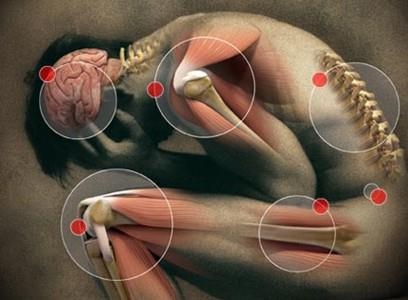 Orthopedic Physiotherapy is the oldest branch of Physiotherapy and oriented towards the treatment of musculoskeletal alignments.
Orthopedic Physiotherapy is the oldest branch of Physiotherapy and oriented towards the treatment of musculoskeletal alignments.
Orthopedic Physiotherapists are specialized in impaired posture, impaired muscle functions, impaired joint mobility, motor functions, muscle performance, range of motion associated with connective tissue dysfunctions, and localized inflammations as in –
- Fractures
- Ligament strain, sprain, tear
- Inflammation of tendons and bursa
- Joint pain, poor posture
- Joint inflammation in case of Osteoarthritis or
- Rheumatoid Arthritis
- Inability to walk
- Joint stiffness
We utilize a multi-disciplinary approach to access, advise and provide a full range of care using:
- Soft Tissue and Joint mobilization
- Strengthening & Stretching Exercise Electrotherapy
- Personalized Exercise Programmes, Equipment provision
- Patient Advice and Education
Cardiac Rehabilitation
CARDIAC REHABILITATION IS INDICATIVE FOR:-
- To prevent accumulation of secretion in the lungs.
- To prevent deep vein thrombosis
- To prevent bedsores.
- To teach and encourage relaxation.
- To train postural awareness, strengthening trunk and leg muscles.
WARNING SIGNS SYMPTOMS OF CARDIAC REHABILITATION
- The pulse rate should come back to resting level in 2-3 minutes after ending the exercise
- Abnormal BP
- Abnormal ECG recording
- Chest Pain
- Cramp & Fatigue
- Dyspnoea
- Dizziness
- Decreased urinary output
- Signs of Cardio-vascular insufficiency
ROLE OF PHYSIOTHERAPY IN CARDIAC REHABILITATION
Phase-I of Cardiac Rehabilitation
This begins when the patient is admitted to the hospital and ends on discharge, which is usually 7 to 10 days.
Phase-II of Cardiac Rehabilitation
It begins when a patient is discharged from the hospital and carries out Cardiac Rehabilitation Protocol for 6 weeks to 6 months depending upon facilities and patient’s condition. This phase covers supervised home exercises or supervised monitored exercises in an outpatient cardiac rehabilitation centre.
Phase-III of Cardiac Rehabilitation
- To further increase exercise tolerance.
- To maintain or improve confidence.
Neurological Physiotherapy
Neurological Physiotherapy is a branch of medical science being practiced at a global level. The common diseases and disorders being treated under neurological physiotherapy are as follows:
Head injury, Stroke, Parkinson’s disease, Multiple sclerosis, Guillian Barre syndrome, Balance Impairments, Spinal cord disorders, Brain surgeries, etc
Now a day’s Neurophysiotherapy becomes very essential both as a conservative measure and for surgical intervention. Neurological physiotherapy is involved in determining how these conditions affect the patients' movement and function and also in implementing a strategy to regain maximum function, depending upon the type of disorder.
Physiotherapy doctors assess the patient to determine the issues causing concern for the patient. Goals are formulated based upon these issues and a treatment plan is decided and administered to the patient.
It’s started in the ICU and continued not only till the patient is independent but to make him to return the community.
A physiotherapist helps the patient with neurological problems to live easier and more mobile lives.
Our aim is to restore a person with their optimal functional potential within the limits of his/her abilities and needs.
Paralysis, Sensory Loss Spasticity, Balance Impairments, Pain etc.
We are flourishing and advancing towards newer techniques. The beauty of various physiotherapy approaches in Neurological disorders is its ability to bring about the necessary adaptation required in the central nervous system and to contribute towards the achievement as the brain has the ability to mold itself at any age depending upon the various stimulus given and demand put in due to ability that is called “ NEURO SPASTICITY”.
The process can be facilitated to a greater extent by using the following interventions:
- Eliminating or minimizing your pain.
- Muscle flexibility & strength is restored.
- Motion range of Joint is restored.
- Increasing function and endurance at work.
- Discontinued or reduced medication consumption.
- Return to playing your favorites.
- Have better overall health.
- Lose weight or keep weight off.
Specialists
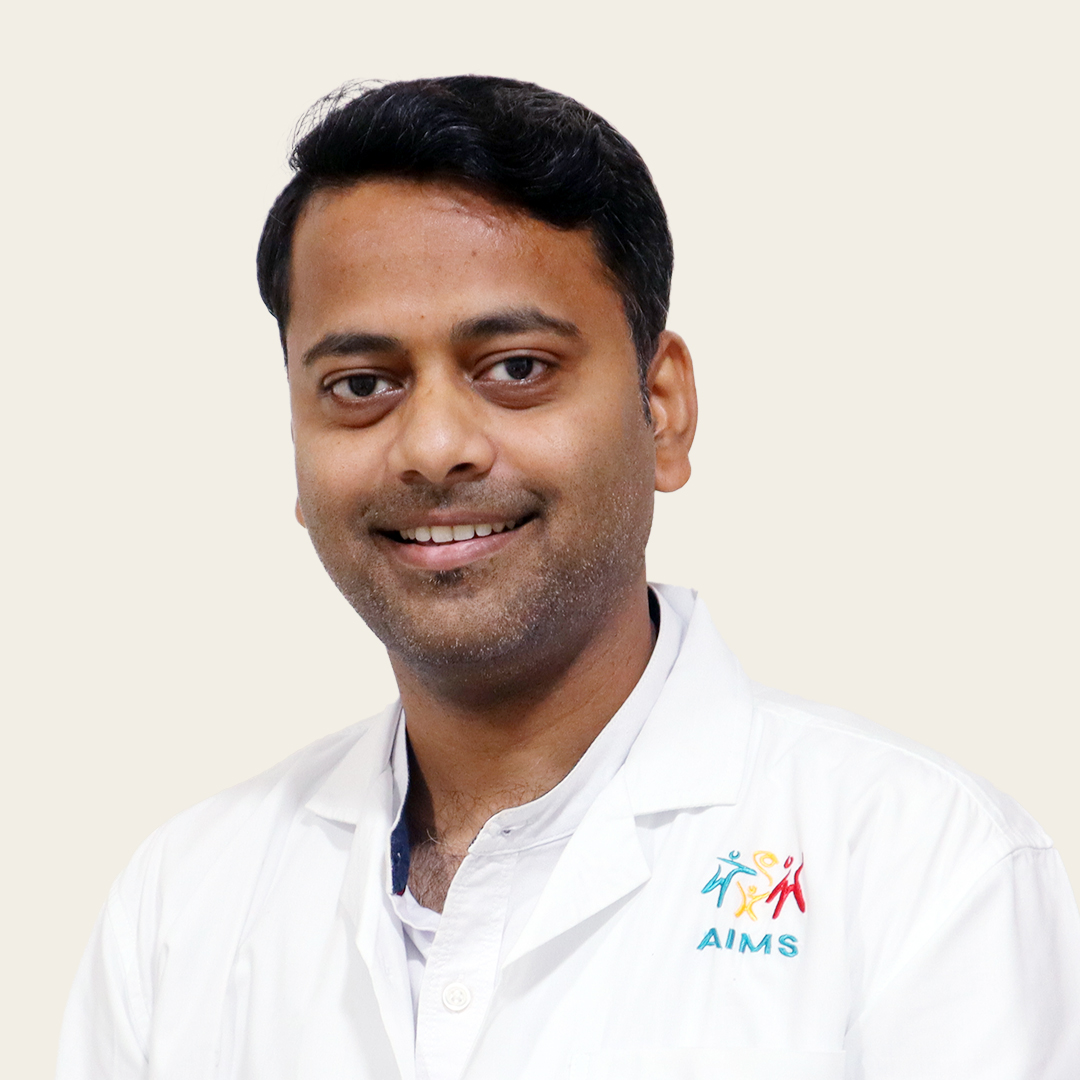
Dr. RAHUL KURIL
PHYSIOTHERAPIST
BPTh, MPTh (Musculoskeletal and Sports Physiotherapy)
View details
Appointment
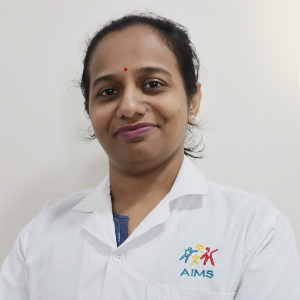
Dr. NAMRATA PAREKH
PHYSIOTHERAPIST
BPT, MPTh. :Cardio-Pulmonary Physiotherapy:
View details
Appointment
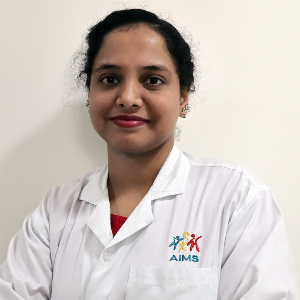
Dr. MANSI PATEL
PHYSIOTHERAPIST
BPT, MPTh. : Cardiovascular and Respiratory sciences
View details
Appointment

DR. ARWA VOHRA
PHYSIOTHERAPIST
B. P. Th
View details
Appointment

DR. SAMRUDHI SINGH
CARDIO-PULMONARY PHYSIOTHERAPIST
B.PTh., M.PTh
View details
Appointment
ABOUT US
About AIMSDirector's Message
Vision & Mission
Accreditations
Awards & Accolades
Our Network
Phone Directory
Designed by Web Creations 2022. All rights reserved.


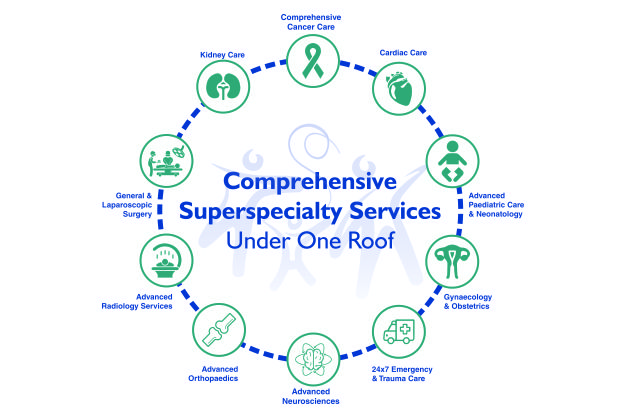
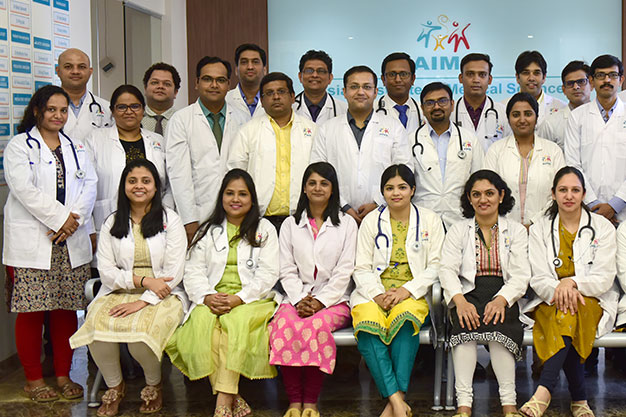


.jpg)

